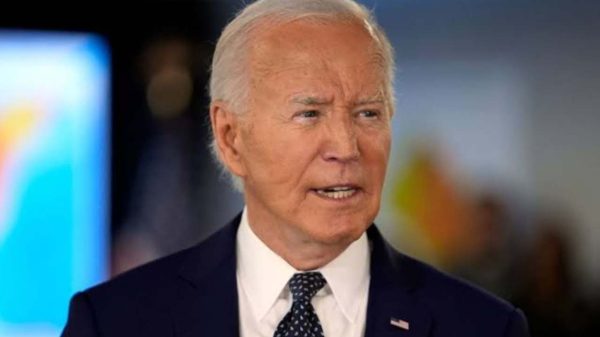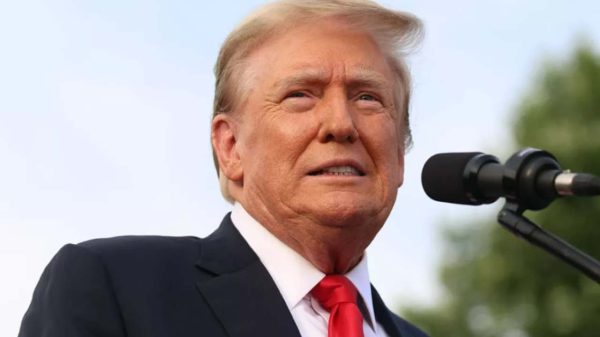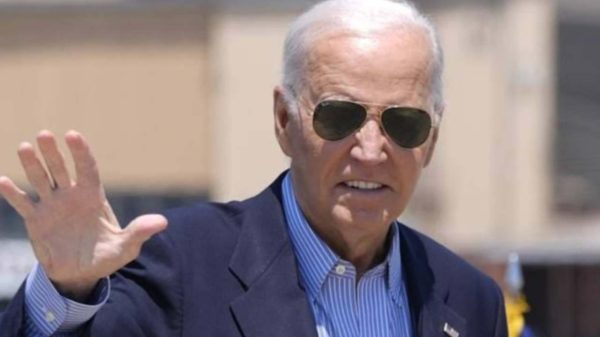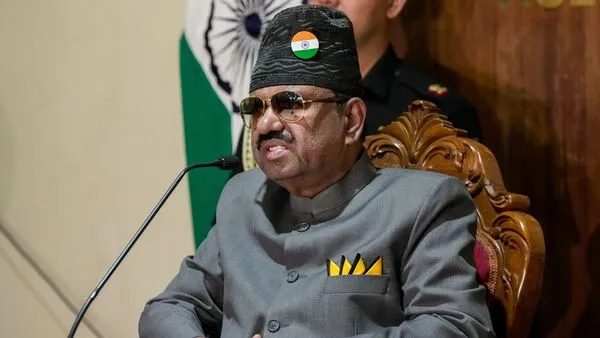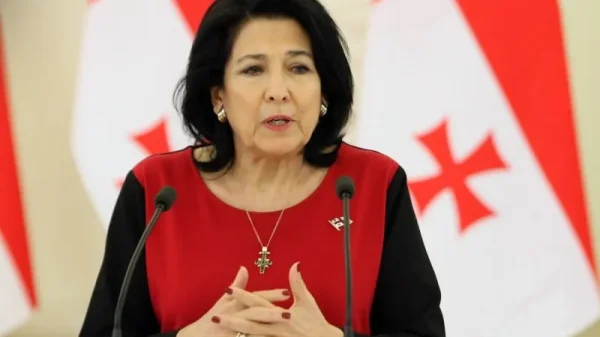Japanese Prime Minister Shigeru Ishiba’s ruling Liberal Democratic Party (LDP) is bracing for a significant loss in the lower house of parliament, which could weaken his grip on power. The party is expected to win fewer than the 247 seats it currently holds, with some exit polls suggesting it may lose its majority. The LDP’s junior partner, Komeito, is also expected to lose seats, although it is unclear whether the ruling coalition as a whole will retain a majority.
The election comes amid widespread public anger over financial scandals and discontent with the stagnant economy. Prime Minister Ishiba has been criticized for his handling of the scandals and his party’s long-standing dominance of Japanese politics. In his final speeches before the election, Ishiba apologized for his party’s mishandling of funds and pledged to restart the party as an equal, fair, humble, and honest party.
The opposition Constitutional Democratic Party of Japan is expected to make significant gains, with leader Yoshihiko Noda’s party potentially winning as many as 146 seats. Noda has said that the election is a rare chance for a change of government and has vowed to bring about meaningful political reform. However, his party has struggled to find other opposition groups with which to cooperate, which could limit its impact.
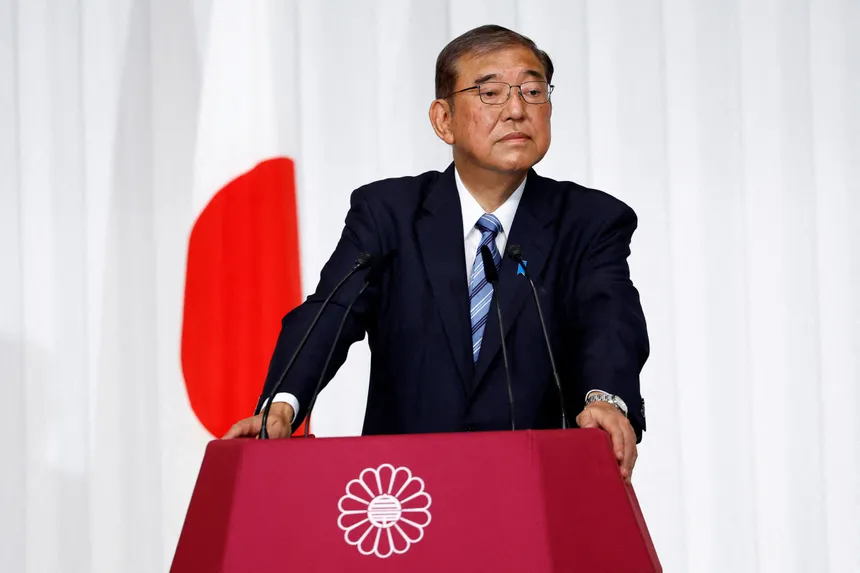
Japanese Prime Minister Shigeru Ishiba (Image via Getty)
Despite the potential for a significant loss, Ishiba has indicated that his party will continue to lead a ruling coalition and will work to compile a supplementary budget and pursue political reform. However, losing a majority would make it difficult for him to establish policies and could lead to calls from within his party for a replacement ahead of next summer’s election in the upper house.
Voting took place across Japan on Sunday, with 1,344 candidates, including a record 314 women, running for office. The results are expected to be announced Monday, with early reports indicating that the LDP has won 188 seats and Komeito 24, for a total of 212 seats for the ruling coalition. The constitutional Democratic Party of Japan has secured 146 seats, according to NHK.
The election is seen as a major test of Prime Minister Ishiba’s leadership and the popularity of his party. With public opinion polls showing support for his government at an all-time low, Ishiba and his party are under pressure to deliver on their campaign promises and restore public trust. The outcome of the election will have significant implications for Japan’s political terrain and future economic policies.












